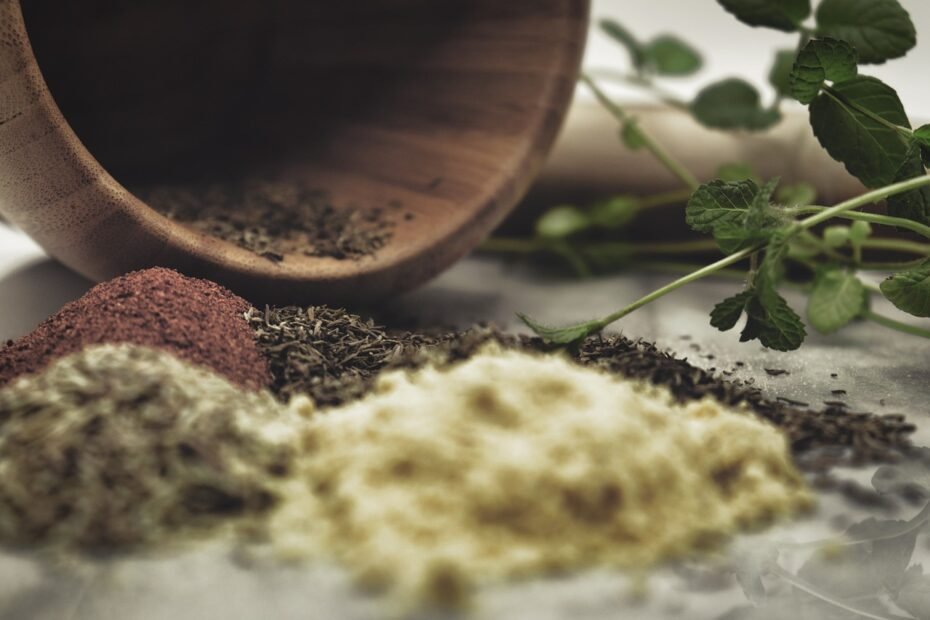Echinacea is a group of flowering plants that belong to the daisy family. Native to North America, these plants are commonly known for their medicinal properties. The name “Echinacea” comes from the Greek word “ekhinos,” which means “hedgehog,” due to the spiny appearance of the central cone of the flower. These plants are also called coneflowers and can be found in different varieties, including Echinacea purpurea (purple coneflower), Echinacea angustifolia (narrow-leaf coneflower), and Echinacea pallida (pale purple coneflower).
Historically, Echinacea has been used by Native American tribes for various health purposes. Today, it is a popular herbal remedy believed to boost the immune system and help the body fight infections. While there is ongoing research into its full range of benefits, many people have found it helpful for improving overall health and well-being.
Top 5 Benefits for Immunity
1. Boosts Immune System Function
One of the most well-known benefits of Echinacea is its ability to enhance the immune system. Echinacea contains active compounds such as polysaccharides, glycoproteins, alkamides, volatile oils, and flavonoids that can boost immune function. Studies have shown that these compounds can increase the number of white blood cells, which are essential for fighting infections. By stimulating the immune system, Echinacea helps your body respond more effectively to pathogens, making it less likely that you get sick.
2. Reduces Symptoms of the Common Cold
Many people turn to Echinacea at the first sign of a cold. Research suggests that Echinacea can reduce the duration and severity of cold symptoms. In one study, participants who took Echinacea extract experienced a reduction in the length of their colds by about one and a half days compared to those who did not take the extract. Additionally, Echinacea may lessen the severity of symptoms such as sore throat, cough, and runny nose, making colds more bearable.
3. Anti-Inflammatory Properties
Inflammation is a natural response by the body to protect itself from harm, but chronic inflammation can lead to various health issues. Echinacea has been found to have anti-inflammatory properties that can help reduce inflammation in the body. The plant contains compounds that inhibit specific enzymes that promote inflammation, thereby reducing the body’s inflammatory response. This makes Echinacea useful for conditions where inflammation is a concern, such as arthritis or other inflammatory diseases.
4. Antioxidant Effects
Antioxidants are substances that help neutralize free radicals, harmful molecules that can damage cells and contribute to aging and various diseases. Echinacea is rich in antioxidants like flavonoids, cichoric acid, and rosmarinic acid. These antioxidants help protect your cells from oxidative stress, which can weaken the immune system. By consuming Echinacea, you provide your body with additional tools to fight off the damage caused by free radicals.
5. May Enhance Mental Health
While Echinacea is primarily known for its immune-boosting properties, it may also have benefits for mental health. Some studies suggest that Echinacea angustifolia may help reduce symptoms of anxiety. The plant’s compounds might impact the brain’s endocannabinoid system, which is involved in mood regulation. Though more research is needed to fully understand this potential benefit, early findings are promising and suggest that Echinacea might offer support for mental well-being.
In summary, Echinacea is a powerful herb that has been used for centuries to promote health and well-being. Its immune-boosting properties, ability to reduce cold symptoms, anti-inflammatory effects, antioxidant benefits, and potential mental health advantages make it a valuable addition to your wellness routine.
Sources:
Disclaimer: The information provided in this blog is for educational purposes only and should not be considered as medical advice. Always consult with a healthcare professional before starting any new supplement.




